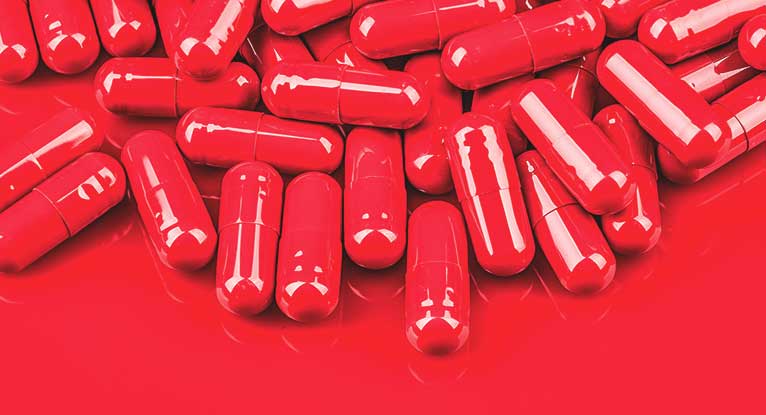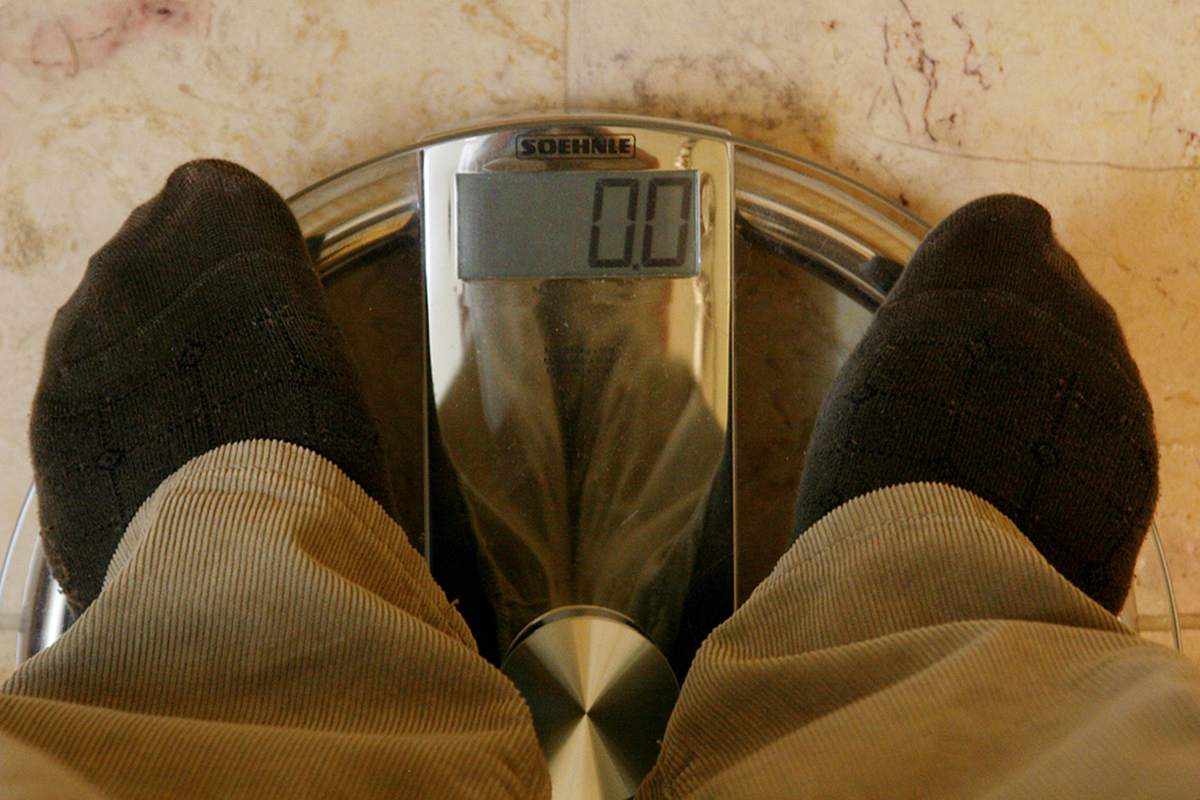

The maximum daily dose is 40 mg to 60 mg per day. There are several strengths and an extended release form, so the dose can be individualized.ĭextroamphetamine and amphetamine is also started at a low dose, usually 5 mg and may be gradually adjusted by your doctor. Children may be given doses ranging from 2.5 mg to 40 mg per day. Adult doses range from 5 mg to 60 mg per day. The dose may need to be adjusted gradually, as your doctor monitors how well the drug is working. If your doctor prescribes dextroamphetamine, the starting dose will often be between 2.5 mg and 5 mg per day. Both drugs are FDA approved to treat ADHD in adults and children aged 3 and older. However, they may also be taken twice (or even three times) a day, depending on how a person responds to the medication. Forms and dosingĭextroamphetamine and amphetamine (Adderall) and dextroamphetamine (Dexedrine) are usually taken in tablet form once a day. Surprisingly, stimulants can help calm a person with ADHD. By making these areas more active, the drugs can help a person focus their attention. Neurotransmitters are chemicals that send signals from one brain cell to another. It is believed that the drug makes neurotransmitters last longer in the parts of the brain that control attention and alertness, and they are also believed increase the concentration of neurotransmitters. While the actual mechanism of action for both drugs is unknown, the drug is believed to work in two ways. Over time, tolerance may develop, as may dependence, and both substances have been reported to have a high potential for abuse. Because they contain amphetamines, both drugs are sometimes abused. When prescribed and used properly, both medications can help people with ADHD focus more effectively. However, variations in individual experiences with each medication have been reported. These drugs are more stimulating than methylphenidate (brand name: Ritalin), which is often the first drug your doctor might give you. They’re approved for the treatment of ADHD and also for narcolepsy (a neurological condition marked by severe daytime drowsiness). “Advanced arteriosclerosis, symptomatic cardiovascular disease, moderate to severe hypertension, hyperthyroidism, known hypersensitivity or idiosyncrasy to the sympathomimetic amines, glaucoma, and agitated states.”ĭextroamphetamine and amphetamine (brand name: Adderall) and dextroamphetamine (brand name: Dexedrine) are both central nervous system stimulants. The manufacturers of the medications also list contraindications which include: In some cases, depending on the provider, a baseline EKG may be obtained by your provider before starting you on a stimulant medication. Before turning to these medications, the FDA has issued a boxed warning indicating that “Misuse of amphetamine may cause sudden death and serious cardiovascular adverse reactions.” Providers who prescribe medications from this drug class may screen you for potential heart problems. However, treating ADHD often includes the use of medications. Psychotherapy, behavior training, and education can be effective for many people with ADHD. a combination of impulsive behavior and inattention.difficulty maintaining attention or focus.

ADHD and attention deficit disorder (ADD) used to be considered separate conditions. Attention deficit hyperactivity disorder (ADHD) is a condition which occurs in childhood and adolescence, although it can last into adulthood, and even be initially diagnosed in adulthood.


 0 kommentar(er)
0 kommentar(er)
